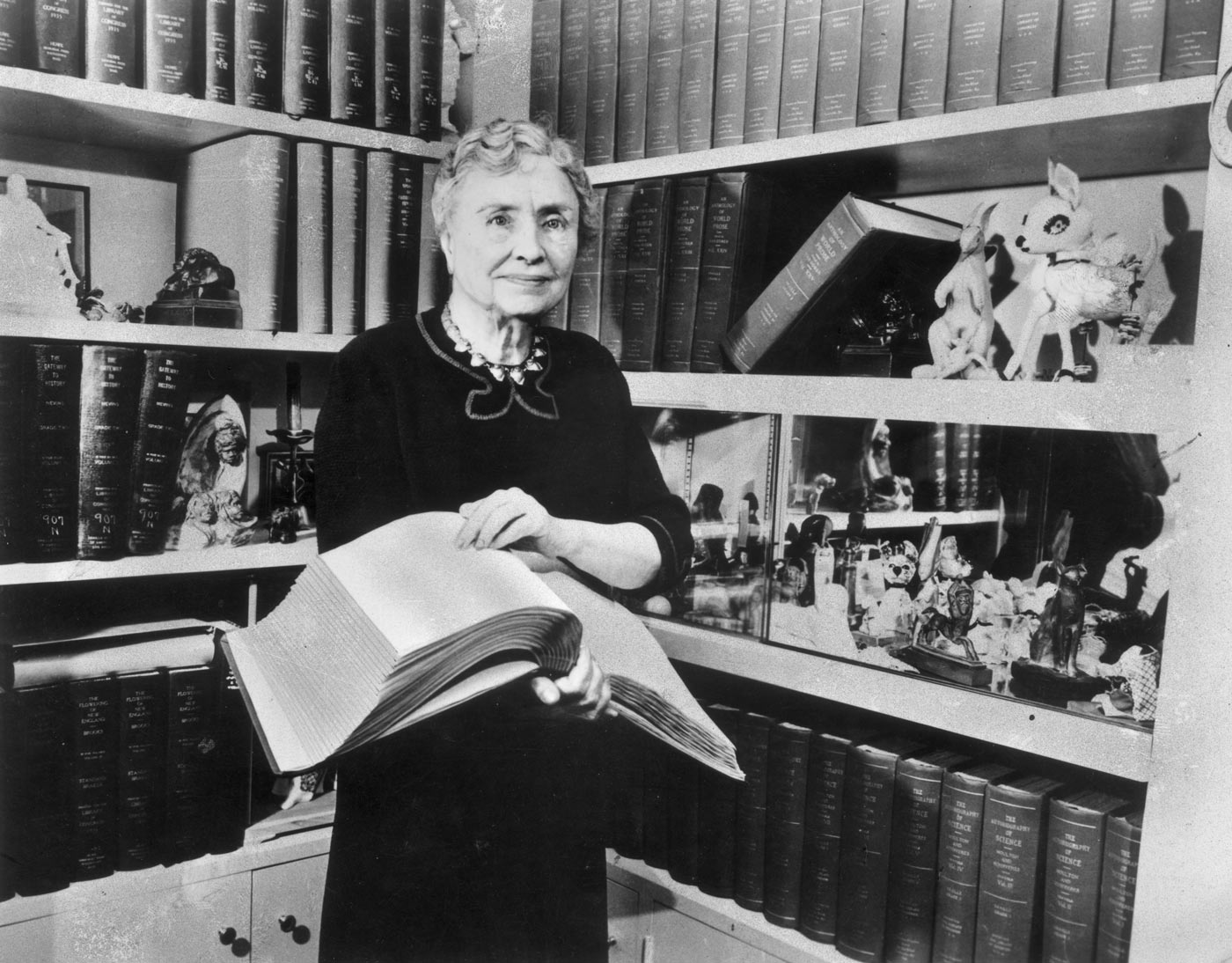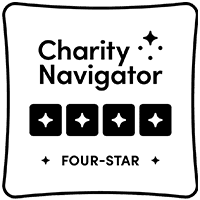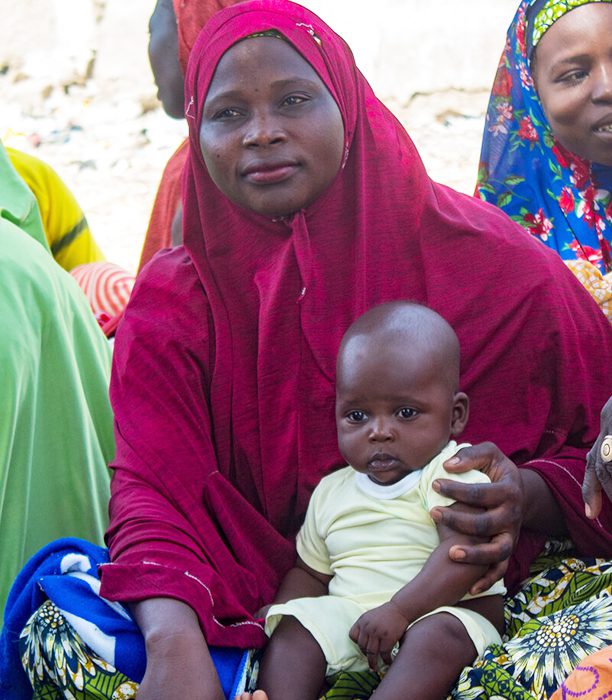
A Prescription for Clearer Vision in Vietnam
Hoang Thi Lan is a 12-year-old girl whose family lives in a rural area of the Hai Hau District of Vietnam. When she was 18 months old, her right eye suddenly became swollen.
“She cried days and nights and could not eat or sleep well,” her mother said. “My husband took her to Vietnam National Institute of Ophthalmology for examination.”
The diagnosis—retinal cancer—led to the removal of her eye and its replacement with a prosthetic. Annual check-ups with the institute revealed a need for glasses for her left eye a year ago. Things seemed better at first, but then her mother said she often complained that she still could not see. Now a sixth grader, Lan found learning difficult and sometimes humiliating.
“In class, I often wrote and read incorrect letters because of my poor vision,” Lan says. “I had to ask my friends what letters were written on the board by the teachers. My classmates sometimes laughed at me.”
But paying to travel the 150 km (93 miles) back to the institute for a re-check was just not possible. Lan’s father is the family of seven’s sole breadwinner, and working from job to job as a mason means the stream of income is sometimes unsteady. Lan’s mother takes care of her two younger siblings and nearly 70-year-old grandparents, but supplements their income by making paper to sell when she can.
Since a third of their students are from poor agricultural households, the school provides annual health check-ups. Thanks to Helen Keller International, the school health worker and another staff member received training from the district health center to screen students’ eyesight. Any student who didn’t pass the initial screening would then receive an additional eye exam and prescription glasses specially produced for them by a local optic shop.
Lan’s examination revealed that her glasses were actually making her vision significantly worse. Few optic shops in the area are qualified to provide prescription glasses, so Helen Keller Intl has been collaborating with them to ensure that the glasses produced for students seen through our ChildSight program are correctly prescribed and meet international standards of quality.
Lan’s new glasses have made things clearer and happier. She can read books and notes on the board, bike to school and help her younger brother with his homework.
“I feel more confident in learning and doing housework to help my mother and grandparents,” she says.




